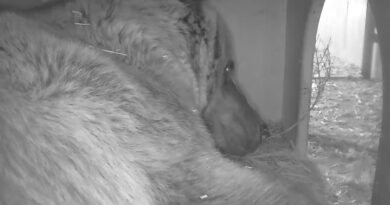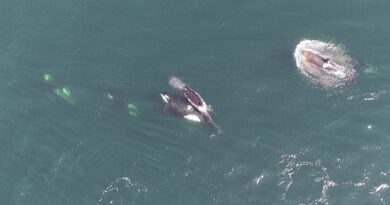Adorable Mongoose Colony Creates Fairer Society As Parents Treat All Pups Equally Even If They Arent Their Own
These adorable Mongoose pups being shepherded around a field by adult members of their colony have led researchers to find that unlike in most of the natural world, Mongoose mums treat all pups equally, even if they are not genetically their own.
A study led by the universities of Exeter and Roehampton observed a group of banded mongooses (Mungos mungo) in Uganda and found that mothers treat all pups as their own eliminating inequality between pups.
The Banded mongoose is native to Southern Africa where it lives in savannas, open forests and grasslands feeding mostly on small insects.
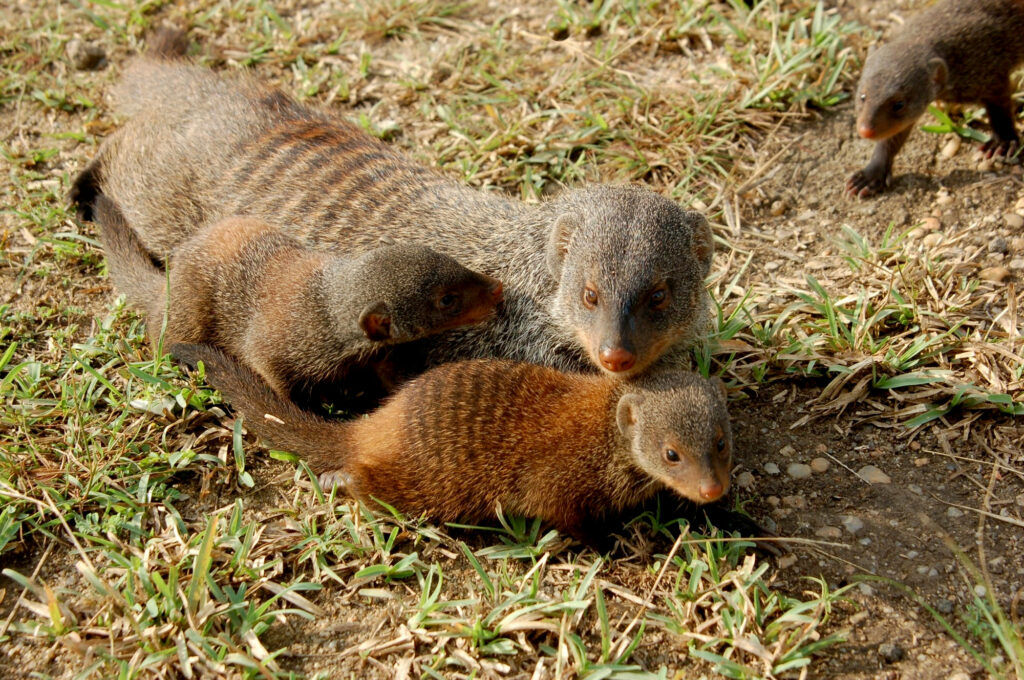
The researchers observed seven groups of banded mongooses whilst feeding half of the pregnant females in each group 50 grammes of a cooked egg each day whilst the others received no extra food.
Doctor Harry Marshall, from the Department of Life Sciences at the University of Roehampton, said: “The evolution of a remarkable birth synchrony has led to the unusual situation that mothers don’t know which pups are their own, and therefore cannot choose to give them extra care.”
Professor Michael Cant, of the University of Exeter, said: “We predicted that this ‘veil of ignorance’ would cause females to focus their care on the pups most in need—and this is what we found.”
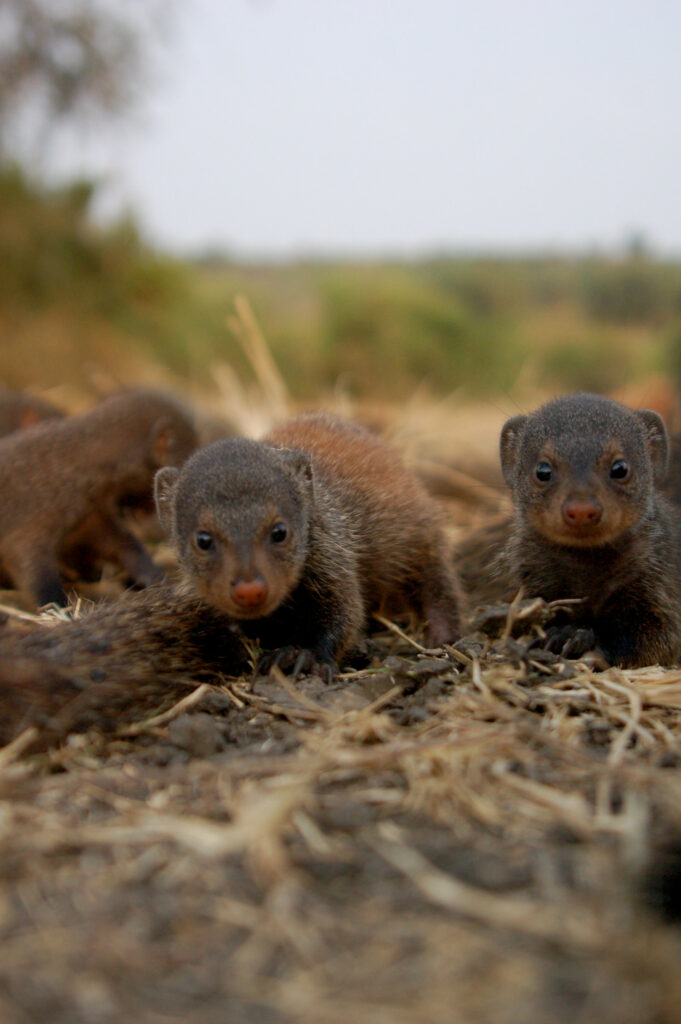
The extra food meant that when the mothers gave birth, the pups were ‘not equal’ with some being born heavier and therefore healthier.
However, the weigh-inequality quickly levelled out as the mothers who had been fed the extra food gave extra care to the smaller pups born to the unfed mothers as supposed to focusing on their own already well-fed pups.
Marshall said: “In most of the natural world, parents favour their own young. Our study shows that the ‘ignorance’ of mongoose mothers ignorance leads to a fairer allocation of resources – in effect, a fairer society.”
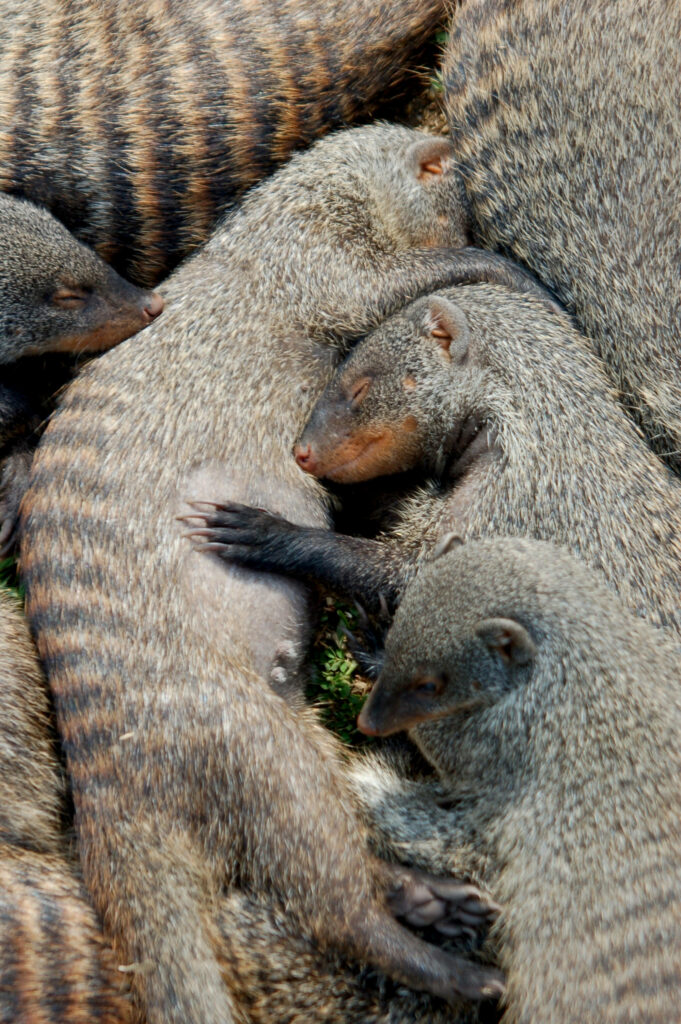
As a result, the little mongoose pups being cared for and protected in the videos are not necessarily seen with their genetic parents.
Cant said: “Those ablest to help offer it to the neediest, and in doing so minimize the risk that their own offspring will face a disadvantage.”
According to Cant, this process allowed the size-inequalities to be reduced very quickly and improved the chances of pups making it to adulthood.
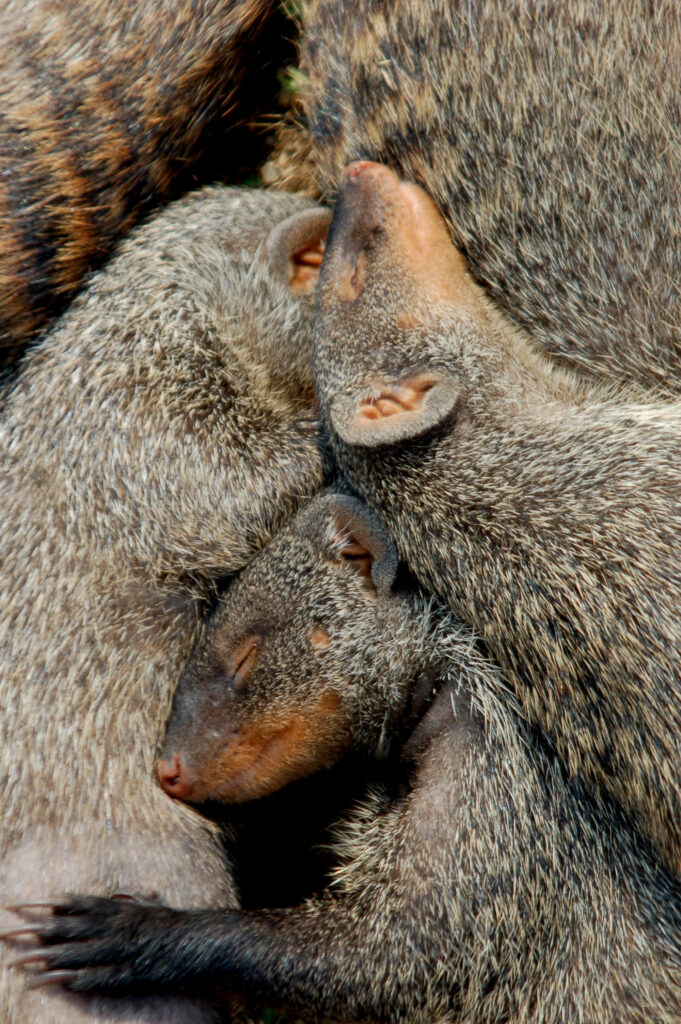
Professor Cant concluded by saying: “Our results suggest that the veil of ignorance, a classic philosophical idea to achieve fairness in human societies, also applies in this non-human society.”
The research team included Professor Rufus Johnstone, from the University of Cambridge and the paper was published in Nature Communications yesterday (23rd June) under the title: “A veil of ignorance can promote fairness in a mammal society.”

